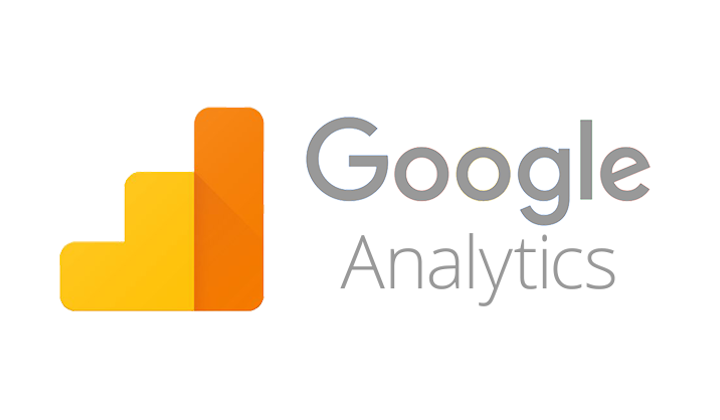
As organizations focus on data-driven business models to remain competitive, they will increasingly seek to collaborate with partners and exchange data. Data shared in an ecosystem is more valuable than data locked in a silo because it leads to new innovations and customer experiences. This trend is playing out in many industries including transportation, logistics, energy, manufacturing, healthcare, telecommunications and financial services. The effort of maintaining countless data repositories has made data acquisition very expensive, causing a drag on the overall competitiveness of an industry, not to mention the additional burden of adherence to the General Data Protection Regulation and personally identifiable information standards with respect to handling personal data. In the case of autonomous cars, for example, there is so much data to be had — and so much needed — that pooling it makes sense to get a sufficient amount for R&D in as timely and cost-effective a manner as possible. This moves the entire industry forward. Through a combination of internet of things, artificial intelligence, and distributed ledger technology (DLT) we will see auto manufacturers, fleet operators, OEMs and end users willing to share and exchange data as digitized assets through data marketplaces, enabling the players to benefit from new offerings based on the transparency and monetization of shared data.
Shifting from cars to mobility services

In the automotive industry, the market is shifting from selling cars to providing mobility services. A DLT-based system, combined with self-sovereign identity, makes it straightforward to build a mobility ecosystem where it’d be easy to enable new ways to engage with customers and partners, leveraging trusted and safe data exchange. For example, make it simple for customers to get the best deal on car financing (no need to re-enter their personal details to get approval at each dealership). Make customer interactions seamless by having customer history (i.e., loyalty data) immediately available with the customer’s explicit consent, without the need to store this data at each dealership or at a car manufacturer.
A trusted and verifiable data-enabled mobility ecosystem helps companies offer new services, such as car-sharing or car-exchanging that can involve dealers, for example, as drop-off and pick-up locations. This includes making the process of verifying auto insurance and driver qualifications seamless.
If I’m on vacation and don’t need my car, I can share it, or if I drive a compact car and need an SUV for a few days, I can connect with the ecosystem and benefit from this shared economy. In addition, the revenue I collect from the shared vehicle could be applied to a down payment on a new car.
Dealers benefit too. They can offer inspecting and cleaning services for the shared cars, and they get potential new customers at their location. Car makers benefit because they can grow their brand’s value and get insights into car usage.
Controlling identity, unblocking consent

Empowering an individual or an asset to control one’s own identity is a precursor to companies’ reaping the benefits of pooled data. Through self-sovereign identity, an individual will be able to consent, authenticate or verify themselves without having to present their documents. Users can access third-party-owned products and services while keeping their anonymity.
Many organizations and consortiums are contributing towards the establishment of open source decentralized identity to achieve interoperability among all participants, set protocols, and develop technologies and code in areas including decentralized identifiers (DID) and verification, storage and compute, authentication, claims and verifiable credentials. The focus of these efforts has been to decouple the trust between the identity provider and the relying party to create a more flexible and dynamic trust model such that the ecosystem benefits from increased market competition and customer choice.
In 2020, we expect to witness deployment of self-sovereign identity to unblock consent, which will help organizations leverage inaccessible data sets without breaching privacy regulations. This will facilitate decentralized data marketplaces that provide a level playing field for all market players by enabling any of them to monetize data. It allows for improved and customized offerings, thus setting higher standards and increasing the overall value of the ecosystem.






